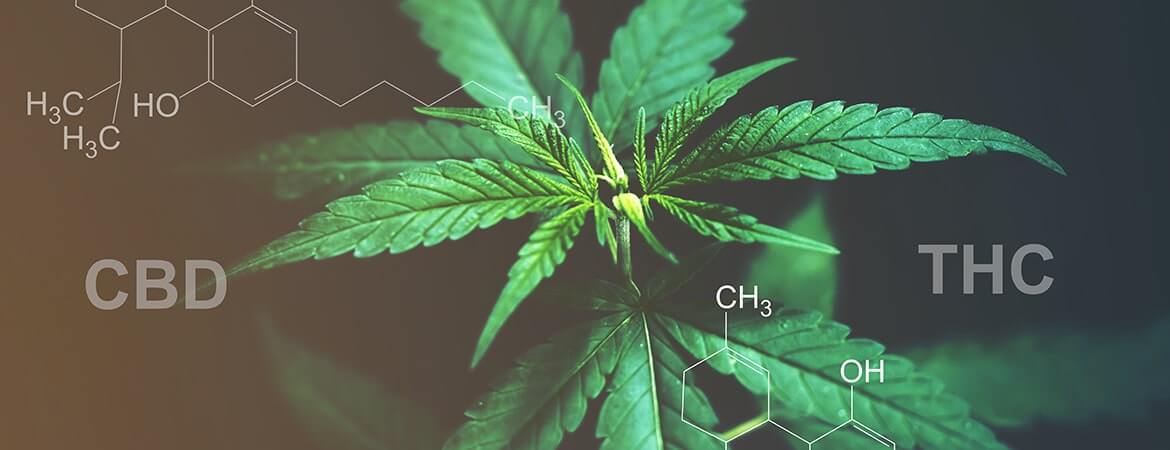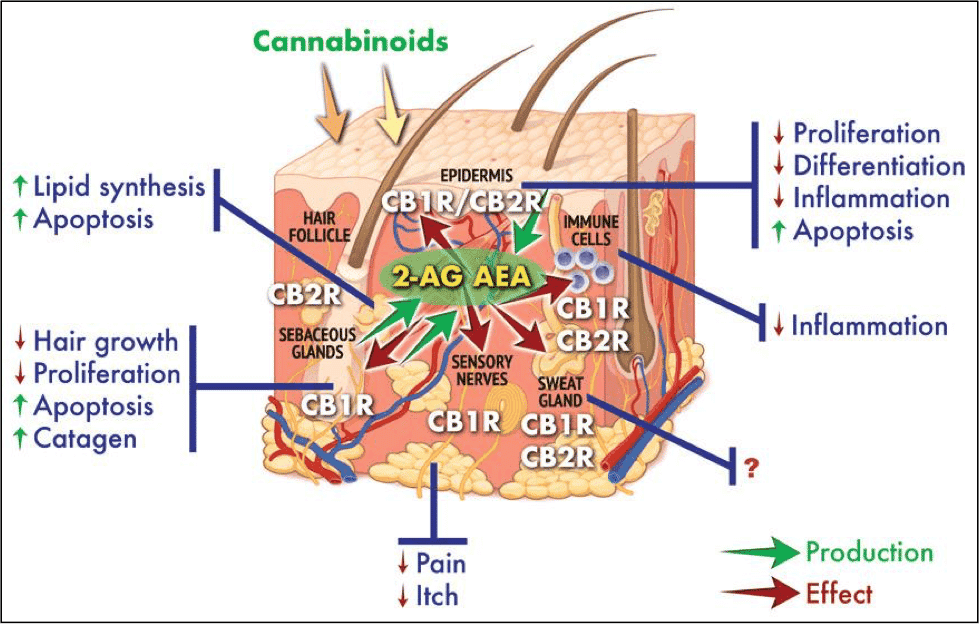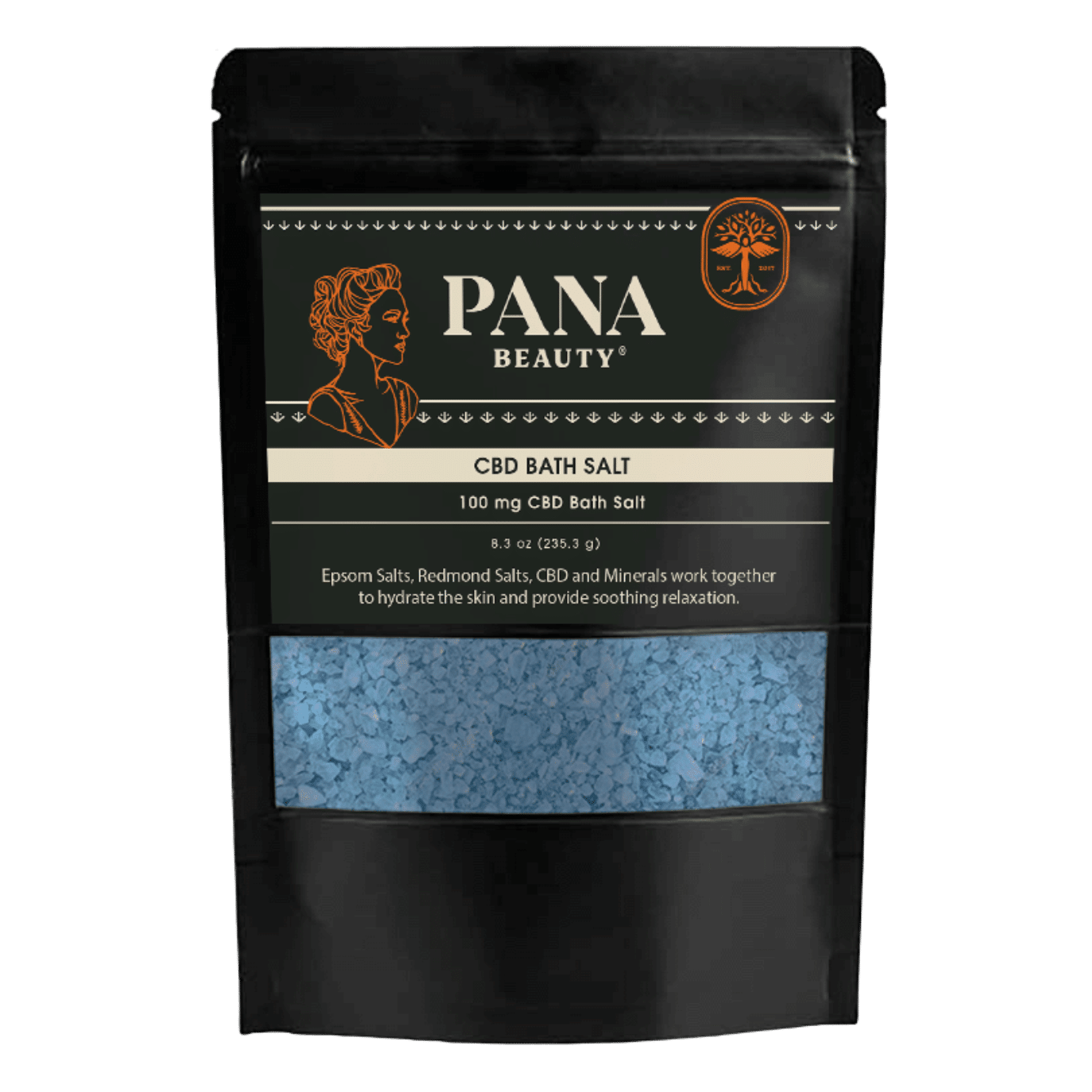CBD oil has been doing the rounds lately. It has been growing in popularity, and for a good reason: Its uses are being researched in labs around the world, and more people are making it their business to find out what it actually does.
You’ve probably heard one or two things yourself and are here to check if what they say is true. Does CBD Oil really help with anxiety disorders? Will it help me sleep better?
We know these questions and more are buzzing around in your head, and in this article, we’ll address all the popular ones. Here’s your beginner’s guide to CBD oil.
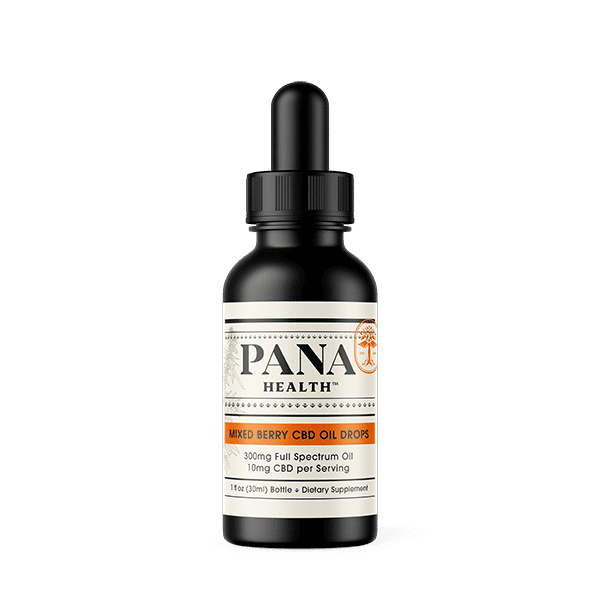
Guide to CBD Oil – What is it?
First off, CBD is an abbreviation of Cannabidiol, a compound commonly extracted from the Cannabis Sativa L. plant. It is most commonly extracted from the Hemp plant, which is a specific strain of Cannabis that has high CBD content and low THC.
As you are probably aware, Cannabis is also the plant family that is best known for Marijuana, mainly for its primary psychoactive ingredient – THC (Tetrahydrocannabinol in full). And just like Hemp, it also contains CBD.
However, that’s where the similarity between CBD and THC ends. Unlike THC, CBD has no psychoactive qualities. It does not provide the “high” that is associated with the THC content in Marijuana.

-
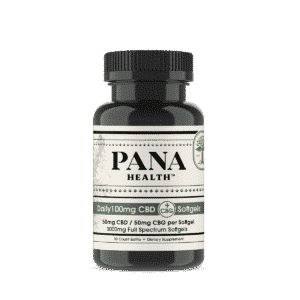
DAILY CBD+CBG Softgels 100mg
$41.75 Add to cart -
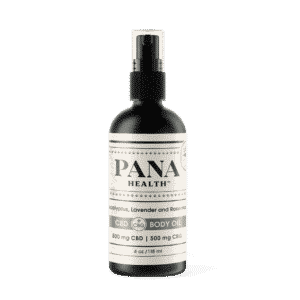
CBD + CBG Body Massage Oil
From: $9.95 Select options This product has multiple variants. The options may be chosen on the product page -
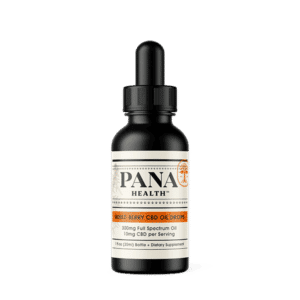
CBD Oil Drops (Full Spectrum)
From: $17.45 Select options This product has multiple variants. The options may be chosen on the product page
Apart from this, CBD is usually extracted alongside several other beneficial compounds, including more than 113 minor cannabinoids, terpenes, amino acids, and flavonoids. Together, these compounds have been shown to work beneficially and increase the healing properties of the overall extract.
So, how is CBD Oil made? After CBD is extracted from the flowers and leaves of the cannabis plant, it is not easily absorbed into the body alone. To aid chemical absorption, it is usually added to a carrier oil such as coconut or olive oil. Hence CBD Oil.
Types of CBD oil
There are three main strains of CBD Oil that you should know. They are:
- Full-Spectrum CBD Oil which contains all the compounds produced by the Cannabis plant, including CBD and THC (although this is usually less than <0.3%).
- Broad-Spectrum CBD Oil, which contains all the compounds produced by the Cannabis plant, minus THC.
- CBD Isolate, which contains only CBD, minus all other compounds.
Due to the wide variety of therapeutic compounds available in Full-Spectrum CBD oil, it is popular amongst consumers that want all the helpful ingredients they may get. Broad-Spectrum CBD oil and CBD isolate are still a great option, though, especially for people that want to avoid even trace amounts of THC.
What does CBD oil do?
There are a lot of benefits linked to CBD oil, and these are made possible through the functioning of the endocannabinoid system (ECS).
Discovered in the 1980s, the ECS is responsible for maintaining homeostasis and balance in the body. Ironically, it was discovered during a big push by President Reagan’s administration to prove that Marijuana caused brain damage.
The ECS maintains homeostasis and balance in the body by regulating the body’s pain response, sleep function, and immune system responses. The body itself produces endocannabinoids on its own, but CBD oil supplements these and enables better functioning of the ECS.
Due to increased interest in CBD, there are more studies inquiring into the safety of the compound. Several studies already show that CBD is a safe and non-addictive compound with several therapeutic benefits. However, even more, studies now draw clearer conclusions on the health benefits of CBD Oil. These include:
- Reduction of anxiety symptoms: This study examined the effects of CBD on social anxiety disorder, specifically anxiety from public speaking. The researchers found that those who took CBD Oil before their presentation felt reduced anxiety, cognitive impairment, and discomfort.
- Epilepsy and seizure relief: According to this 2017 New England Journal of Medicine study, CBD may help with epilepsy. The compound was found to reduce convulsive-seizure frequency by up to 43% in patients with Dravet syndrome, one of the most severe forms of epilepsy.
- Manages pain and inflammation: CBD has been proven to contain strong anti-inflammatory properties. It also has antioxidant and neuroprotective properties that may assist with inflammatory and auto-immune diseases.
In addition to these, studies have shown that CBD Oil has a high safety profile and does not possess any significant side effects. The World Health Organization especially found that CBD does not have any abuse or dependence potential, and does not pose any public health-related problems.
Different ways of taking CBD oil products
As we have already mentioned in this guide to CBD oil, CBD extract cannot be taken alone. It must be added to a carrier oil to increase its bioavailability (rate of absorption into the body).
But apart from this, there are many other ways in which CBD oil is applied on or ingested into the body. These include:
- Tinctures: CBD oil tinctures are a popular way to get fast-acting CBD relief. It is applied by putting a few drops under the tongue, either with a spray or dropper. From there, it is absorbed into the blood through the tissues under the tongue. Its effects become noticeable after 30 to 60 minutes, and it may last between 4 and 6 hours.
- Capsules: Rather than passing directly into the blood, CBD oil capsules first have to go through the digestive system. Oral capsules provide a slower onset but effects tend to last much longer, anywhere between 6 to 12 hours.
- Edibles: CBD oil may be added into tasty snacks that make the experience fun and attractive. However, like capsules, they provide low bioavailability due to being processed through the digestive system.
- Vapes: These provide the highest absorption rate for CBD products. Effects may be felt almost immediately when CBD is vaped or smoked, and the relief it provides may be had on the go. However, its effects last much shorter. It should be noted that vaping has been associated with several injuries and some deaths.
Regardless of which of these CBD oil products you prefer, it is always a good idea to pick the product that works best for you, considering your specific needs.
Conclusion
Now that you know all about CBD oil and what it may do for you, your next thought is likely to be: where may I get my hands on this stuff? Since the product is available on several online stores, you may get it pretty much anywhere. There are some things you should keep in mind, though:
- Always read labels. Makes sure you are certain if there is any THC in the product and how much is there.
- Make sure your seller has a reputation for quality and safety. You may check for third party tests to confirm this.
- Watch the price. If it is too cheap, you may be buying inferior, too high, and you may be fleeced.
Are you wondering where to start? You may try out our CBD products.
With these in mind, you’re well equipped for your first foray into the market for CBD oil products. Enjoyed this guide to CBD Oil? Let us know in the comments section below.
Sources
https://www.happierhuman.com/guide-cbd-oil/
https://tesseranaturals.com/beginners-guide-to-cbd/
https://cbdoilreview.org/cbd-cannabidiol/cbd-oil-beginners-guide/

